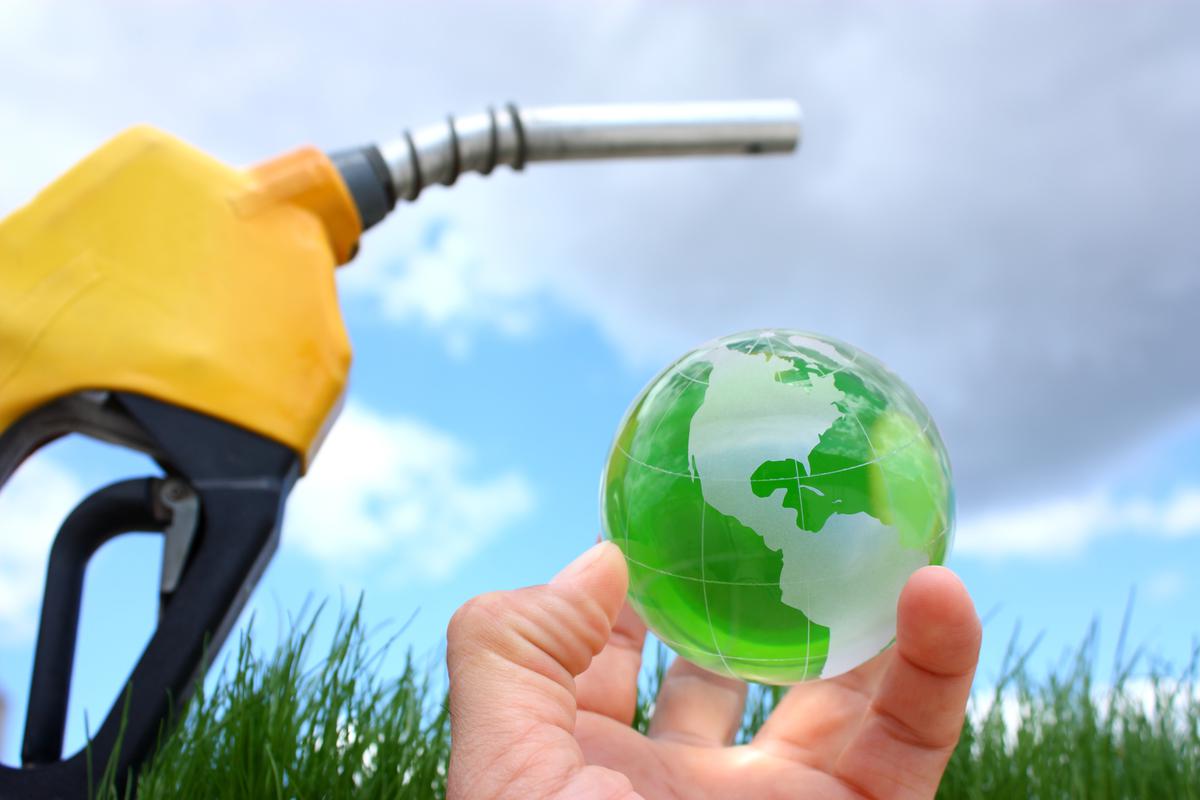Brazil has established itself as a global leader in ethanol production and use. The South American country has built a thriving biofuel industry that has significantly reduced fossil fuel consumption and greenhouse gas emissions.
History of Ethanol in Brazil
The Brazilian ethanol program began in the 1970s in response to the 1973 oil crisis. With over 70% of its oil imported at the time, Brazil aimed to reduce its dependency on foreign oil through the development of a domestic biofuel industry. In 1975, the Proálcool program was launched with the goal of making Brazil energy independent through ethanol. Under the program, the Brazilian government provided substantial policy support and incentives to boost ethanol production and use. Flex-fuel vehicles that could run on any blend of gasoline and hydrous ethanol were introduced. Over time, Brazil established itself as the world’s largest producer and consumer of ethanol.
Current Ethanol Production
Today, Brazil produces over 30 billion liters of ethanol per year, more than any other country. The majority of Brazilian ethanol is produced from sugarcane, a resource the country has in abundant supply. Sugarcane can yield up to 8 times more ethanol per hectare than other feedstocks like corn. Nearly 600 ethanol distilleries now operate in Brazil across five states – São Paulo, Goiás, Minas Gerais, Paraná and Mato Grosso do Sul. These distilleries convert sugarcane juice into hydrous ethanol fuel through fermentation. Around half of Brazil’s sugarcane crop is now used for ethanol production rather than sugar.
Flex-Fuel Vehicle Fleet
A key factor enabling Brazil’s ethanol success has been the widespread adoption of flex-fuel vehicles that can run on any blend of gasoline and hydrous ethanol. Currently over 90% of new vehicles sold in Brazil are flex-fuel, totaling over 26 million such cars on the road. Drivers can choose to fill up with gasoline, hydrous ethanol or any combination based on fuel availability and price. This has created a huge demand pool absorbing the large volume of ethanol produced domestically. Flex-fuel technology also helps reduce emissions as hydrous ethanol burns cleaner than gasoline according to various studies.
Energy Security and Independence
Relying on domestically grown sugarcane helps insulate Brazil from global oil price volatility and supply disruptions. The country meets over 50% of its liquid fuel needs through ethanol today compared to just 15% in 1975. Ethanol even meets more than 90% of automotive fuel needs in the state of São Paulo. This energy security has huge strategic value. Ethanol production also stimulates the agricultural economy by providing a stable market for sugarcane growers and distillers. Overall ethanol has enabled Brazil to achieve true energy independence for transportation a rare accomplishment globally.
Environmental Benefits
The Brazil Ethanol program has led to major reductions in greenhouse gas emissions by substituting fossil fuels with the renewable biofuel. Studies estimate it resulted in 60% lower emissions compared to using gasoline over the well-to-wheels lifecycle. Sugarcane ethanol has the lowest carbon intensity among major biofuel feedstocks due to the high sucrose content of sugarcane and tropical climate allowing high yields. Brazil also has stringent regulations on sugarcane cultivation to minimize pollution and protect forests and other lands. When produced sustainably, sugarcane ethanol can offer impressive climate change mitigation.
International Leadership
Impressed by Brazil’s success, several other countries are now emulating elements of its model. Nations like the US, EU members and others are ramping up ethanol production and introducing flex-fuel vehicles to varying extents. Brazil continues encouraging international partnerships and ethanol trade to continue driving emissions reductions globally. It is working with African countries to set up similar programs given their underutilized potential lands and climate. Overall Brazil has emerged as a global pioneer by demonstrating how a large developing country can meet energy and climate goals through renewable fuels.
Through visionary policymaking and sustained investments over decades, Brazil has built the world’s most advanced biofuel economy largely based on sugarcane ethanol. This domestic ethanol program has delivered energy independence, agricultural and economic growth, jobs and most importantly – massive emissions cuts in the transport sector. Brazil’s success establishes ethanol as a viable large-scale solution that more countries should replicate to accelerate the energy transition away from oil and gas. Their approach shows how renewable fuels production can empower developing nations while mitigating climate change risks, an inspiration for all.
*Note:
1. Source: Coherent Market Insights, Public sources, Desk research
2. We have leveraged AI tools to mine information and compile it.




